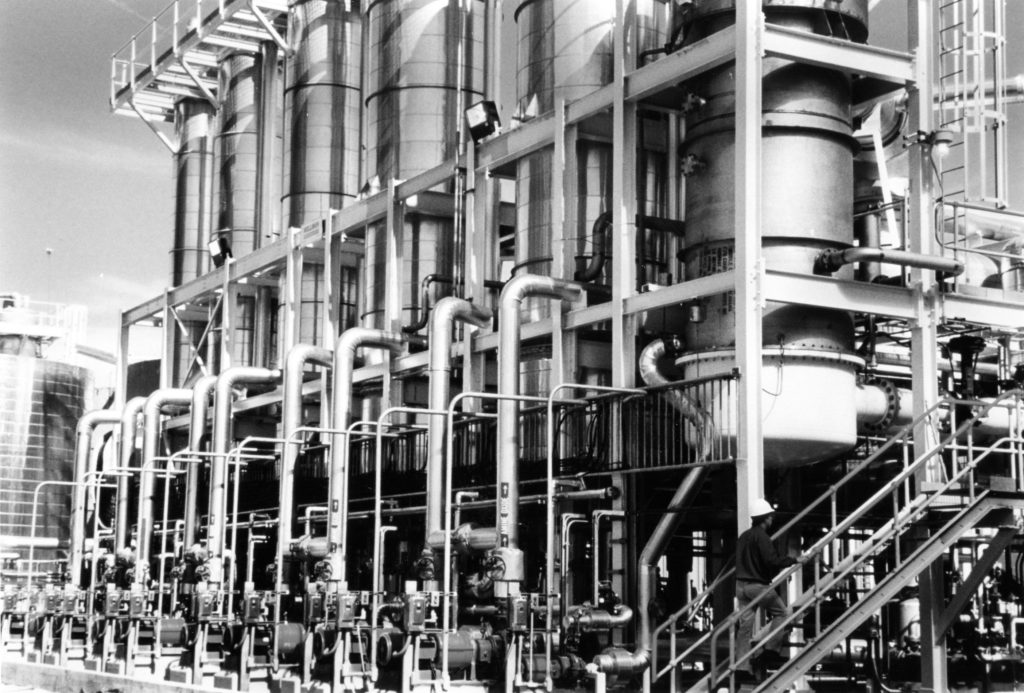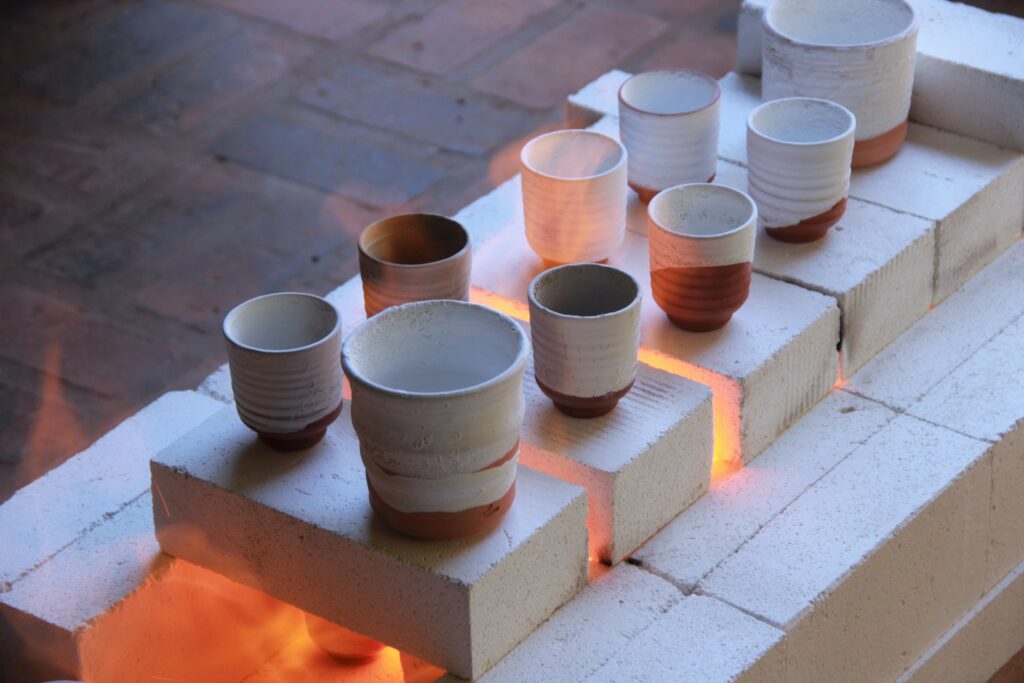Abrasives & Refractories
Abrasives and refractories are used in many applications. They are ideal for grinding metal down to the nearest micron.

Abrasives
Abrasives are used to polish, grind and clean surfaces. They include materials such as emery, garnet, silicon carbide and aluminum oxide that are used for sanding or polishing wood or metal. Abrasives also include substances such as glass chips and steel grit that are used to blast clean a surface. Some abrasives are man-made while others occur naturally and can be mined from the earth.
Abrasive materials can be found in many industries including automotive manufacturing, construction, jewelry making and plumbing.
Refractories
Refractories are heat-resistant ceramic materials that are used in furnaces and kilns, including those used to make glass. Refractories have a high melting point and are usually made from alumina or silica. Refractories can be used as a lining for all types of furnaces, kilns, incinerators, and reactors, especially those that operate at high temperatures. If a furnace or other equipment has a component which may melt at lower temperatures than the rest of the machine (for example, if there is an iron component in a furnace that melts glass), refractories can be applied to protect it from the high temperature of the furnace’s interior.
Refractory materials can vary significantly depending on their intended application. Refractories used in steelmaking operations often include chrome ore, chamotte clay, magnesite brick and basic brick. Other major applications for refractory materials include protecting boilers from damage by fire or explosions caused by excess pressure buildup; making crucibles for holding molten metal; making molds for glass blowing; creating refractory coatings to protect steam turbines from corrosion; and making bricks for use in fireplaces or wood-fired ovens.
